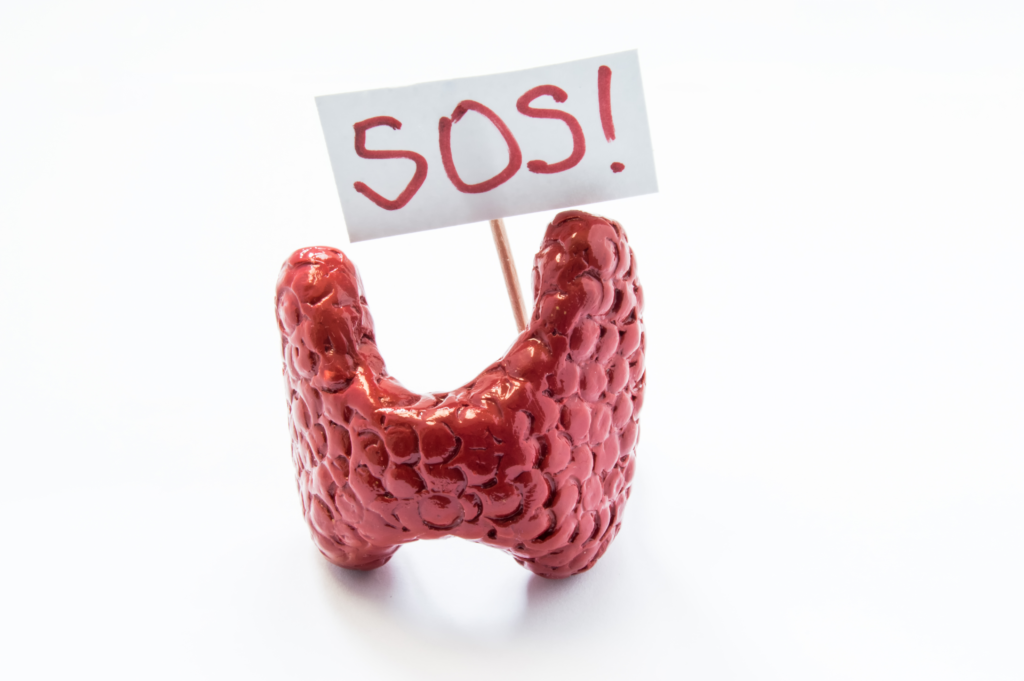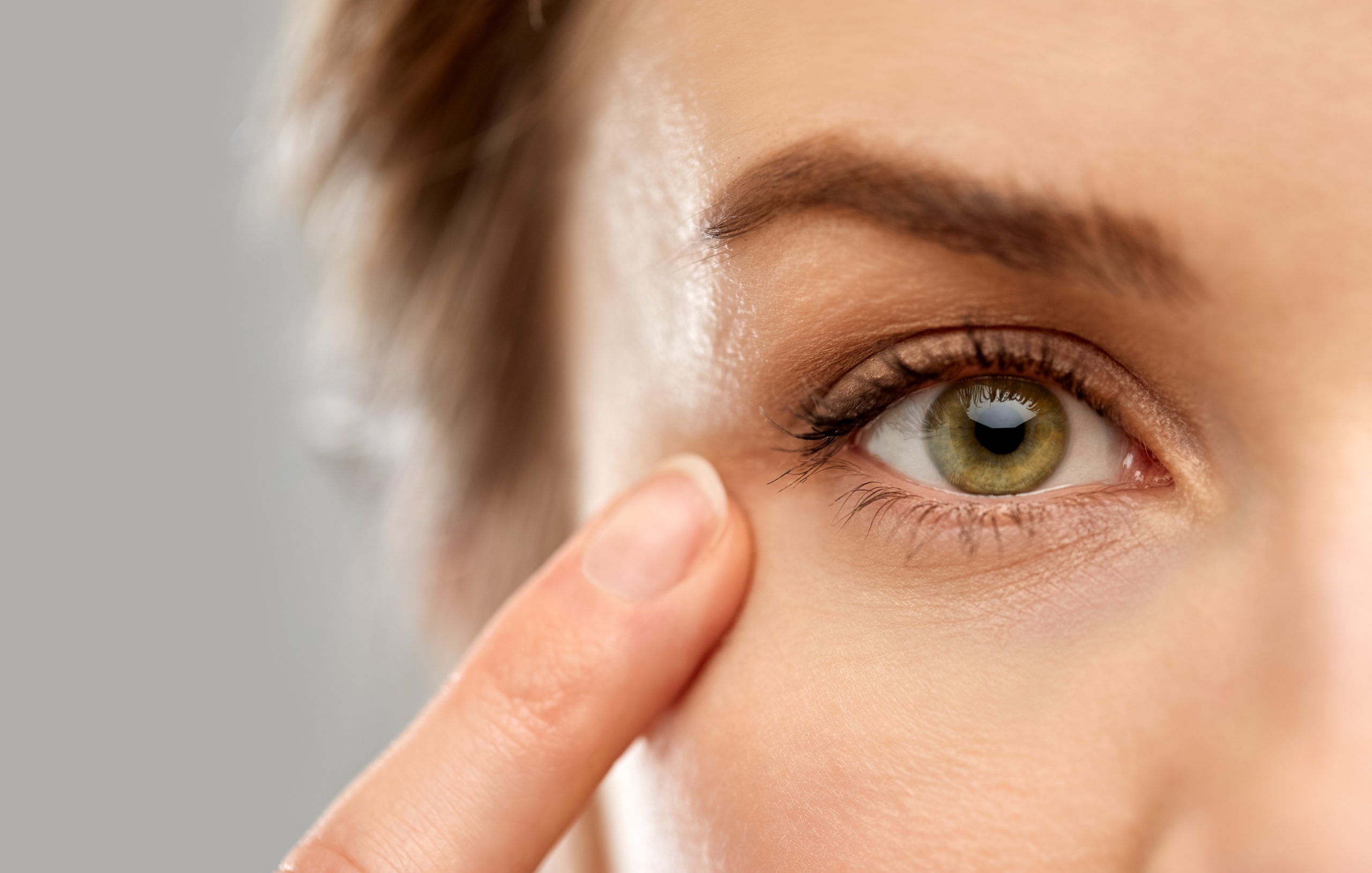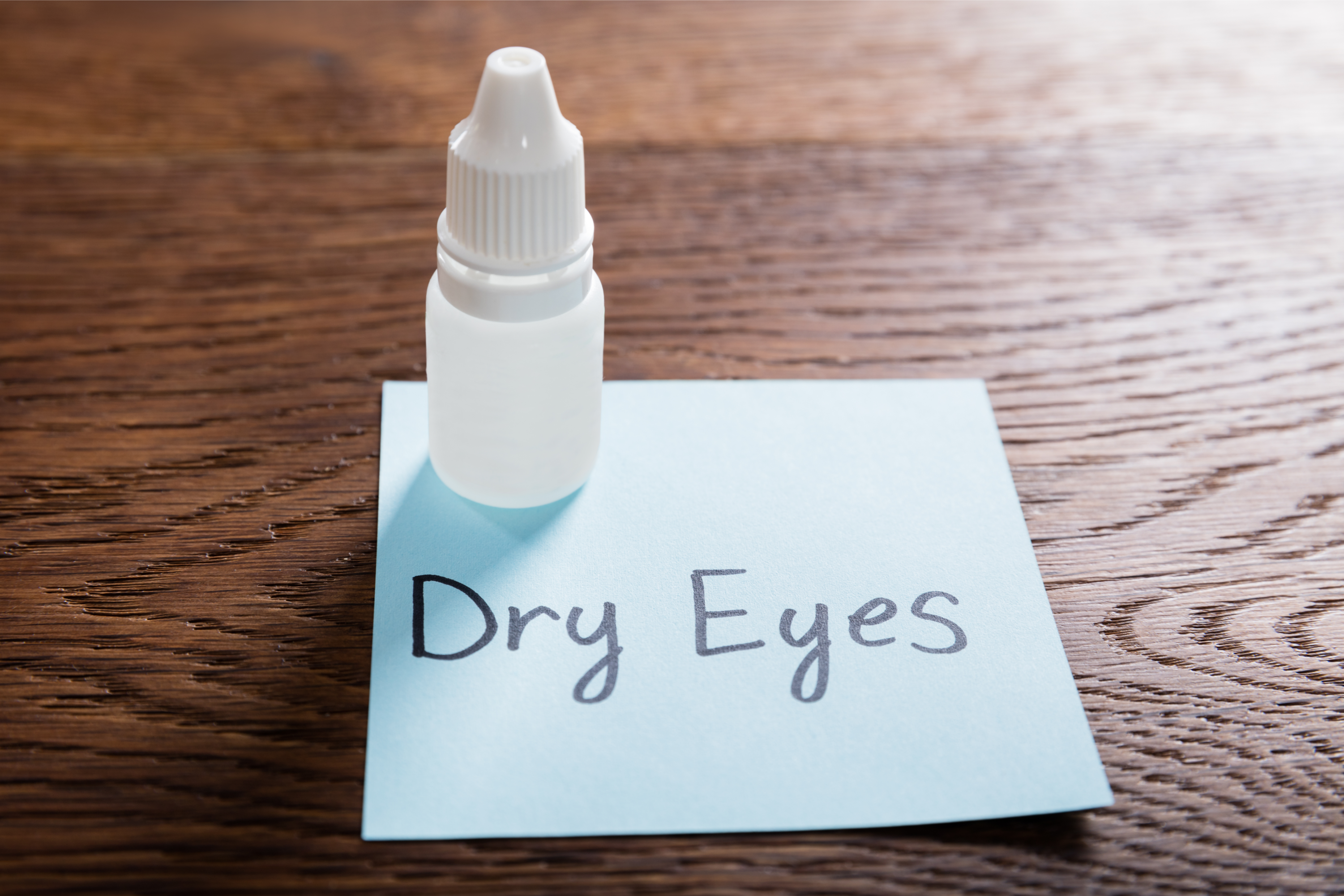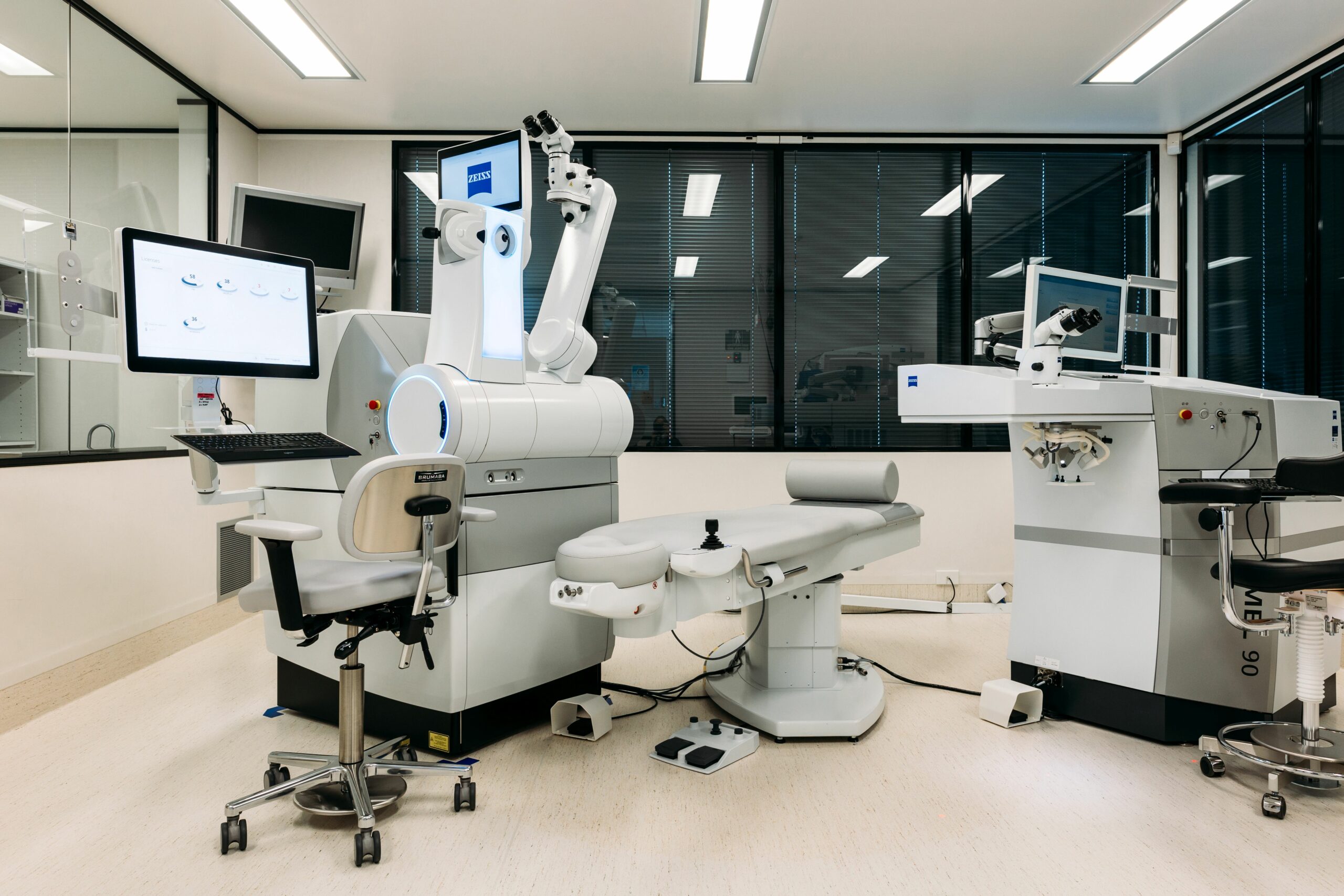
The human body secretes and circulates approximately 50 different hormones. These chemical messengers are released into the bloodstream and carried to the target organ or tissue. Different hormones act on certain aspects of bodily functions and processes. In this article, we are going to explore which hormones act on the eyes and how.
What are hormones?
Hormones are chemical messengers that control our body. You may have heard of hormones such as Thyroxine, Melatonin, Estrogen, Testosterone, Adrenaline and Insulin.
Hormones are produced by glands found in our brain and throughout our bodies. Glands such as the thyroid, pituitary and pineal glands, as well as the testes and ovaries. The system of hormones and glands and how they work is referred to as the endocrine system.
The various glands produce hormones using nutrients and substances found in the bloodstream. The hormones then travel around the body, via our bloodstream and other fluids to reach our organs and cells.
Once they arrive at the site of action, the hormones can stimulate our cells and organs to do a huge range of things, such as moderate stress, hunger, sleepiness, and mood. They also control our heart rate, growth and puberty.
Which hormones affect our eyes?
Everyone experiences hormonal changes throughout their lives, and these changes affect all parts of your body, including your eyes.
Sex hormones (namely estrogen) are the hormones most likely to affect our eyes and our vision. In particular, they play a big part in how dry or moist our eyes are and feel.
There are sex hormone receptors in our conjunctival goblet cells, lacrimal glands and meibomian glands. These three sites are responsible for making the three major components of our tears. These three components make up the three different layers of our tear film (oil layer, aqueous-watery layer and mucus layer). Disruption to one or more of these layers can result in dry eye symptoms.
Hormonal changes during puberty
During puberty, the large influx of hormones causes many changes in children. As their arms and legs lengthen, so do their eyeballs! A lengthening eyeball can result in blurry vision and myopia, or short-sightedness.
Myopia can be corrected with spectacles or contact lenses. And once the eyes have stopped changing, myopia can also be corrected with laser vision correction surgery.
There are techniques and treatments available to prevent or reduce this eyeball lengthening. This area of health care is referred to as Myopia Management or Myopia Control. The benefit of slowing down this growth-related change is that it could reduce how myopic a child or young adult may become. The more myopic a person is, the higher their risk of developing eye disease and loss of vision. So by reducing the level of myopia in an individual, we can reduce their risk of developing sight-threatening conditions later in life.

Hormonal changes in adult women
Women experience significant hormonal changes during pregnancy, breastfeeding, menopause and while on birth control medication. The hormones most involved are estrogen and progesterone.
Their changing levels can affect the eye’s oil glands, which can lead to dryness. Estrogen can also make the cornea less stiff with more elasticity, which can affect how light travels into the eye. The dryness and the change in refraction can cause blurry vision and can also make wearing contact lenses difficult.
Pregnancy and breastfeeding
With the changes that occur during pregnancy, women may experience blurry vision, light sensitivity, and even headaches and migraines due to fluctuating hormone levels and fluid retention. Most women’s vision will return to normal after giving birth and once breastfeeding has stopped.
However, if your vision doesn’t return to normal a couple of months after pregnancy, or it changes suddenly or drastically, seek medical advice sooner. It could be due to a more serious medical condition like diabetes or hypertension (high blood pressure).
Perimenopause and menopause
The hormonal shifts associated with perimenopause and menopause can also trigger vision changes.
Menopause occurs due to a drop in estrogen levels. This results in a drying out of tissues (skin, mucosal membranes, and hair). As tissues dry their structure can also change. This can affect vision by drying out the outer surfaces of the eye. A dry eye is a swollen eye and can lead to physical discomfort, contact lens intolerance, pain and blurred vision.
Menopause tends to occur in women aged 45 to 55 years of age, but perimenopause can begin a few months or a few years before that.
Menstruation
Although less common, some menstruating individuals may detect changes to their vision and eyes during the first week of menstruation. This correlates to an influx of estrogen at the beginning of the cycle which can cause blurred vision, trouble focusing, and watery eyes.
The dry eye that occurs as a result of hormonal changes can be treated. Artificial tears or lubricating eye drops are usually enough to resolve most people’s issues. Occasionally more involved treatments are required. But talking to your GP about ways to adjust your hormone levels medically, should have a positive impact on dry eye symptoms.

Thyroid Hormones and Vision
Thyroid hormones play a crucial role during the body’s development, including the development of the eyes. The thyroid gland is located at the base of our neck. It uses iodine from our food to produce two hormones: triiodothyronine (T3) and thyroxine (T4).
Thyroid eye disease develops when the body’s thyroid gland does not produce the correct amount or type of hormones.
One thyroid-related condition, called Graves’ disease, develops when there is an overproduction of thyroid hormones. About 30% of people with Grave’s disease also have eye-related changes such as; bulging eyes, puffy or retracted eyelids, light sensitivity, double vision, loss of vision, gritty, red or painful eyes.
Abnormal thyroid hormone levels can impact other aspects of eye development and disease.
Research has shown that people with higher levels of thyroxine (T4) are at increased risk of having age-related macular degeneration (AMD) and other retinal changes. And in another study, thyroid hormone levels appear to affect the ongoing development and regulation of the eye’s cones (cells responsible for your colour vision).
Male Hormones and Vision
Androgens are a group of hormones that control some male traits and reproductive activity. Testosterone and androstenedione are both androgens. Androgens are present in both males and females, even though they are often considered ‘male hormones’.
For example, women with polycystic ovary syndrome (PCOS) often have dry eyes due to excess androgen levels.
Androgens positively promote the function of meibomian glands and lacrimal glands. Meibomian glands make oil that prevents tears from evaporating, and the lacrimal glands produce the watery layer of our tears. So a drop in androgens can cause dry eyes by altering two important layers of the tear film.
Androgen levels drop with age, for both males and females. By the age of 50 years, it has dropped by about 30%, which is why dry eyes are more common as we age. Meibomian Gland Dysfunction is one of the most common causes of dry eye.

Hormone Replacement Therapy
Individuals who are transitioning between genders are often taking high doses of the sex hormones, whether it be androgens, anti-androgens, oestrogen and/or progesterone.
For these individuals, there is a strong chance of dry eye-related issues, especially for those transitioning from male to female. Individuals transitioning from male to female are lowering their androgen levels, which reduces the production of the watery layer of tears and reduces the tear film stability. At the same time, these individuals are increasing their oestrogen levels which reduces Meibomian gland function, the glands that produce the oily layer of our tears. Estrogen can also promote inflammation of the ocular surfaces, making any dry eye issues worse.
Seek advice and treatment
Many people put up with poorly managed dry eye, thinking that it is just age-related, or hormonal. Knowing the underlying causes of your dry eye symptoms is important, but don’t assume that nothing can be done to reduce your discomfort.
Your eye care professional may not be able to completely resolve your dry eye issues, but getting the symptoms to a more manageable level can make a world of difference.

Feel free to get in touch with the team at Wellington Eye Centre if you have any other questions or wish to book a consultation with Dr Logan. You can call us on 0800 733 327 or complete the contact form below.

Festive Season and Your Eyes

Vitamins For Good Eye Health and Vision

Help my eyelid is twitching!

Do you need to have eye exams after laser eye surgery?

Restasis Eye Drops for the Treatment of Dry Eyes

Meet The Team at the Wellington Eye Centre

Festive Season and Your Eyes

Naumi Studio Hotel Wellington

What to Expect on The Day of Surgery

